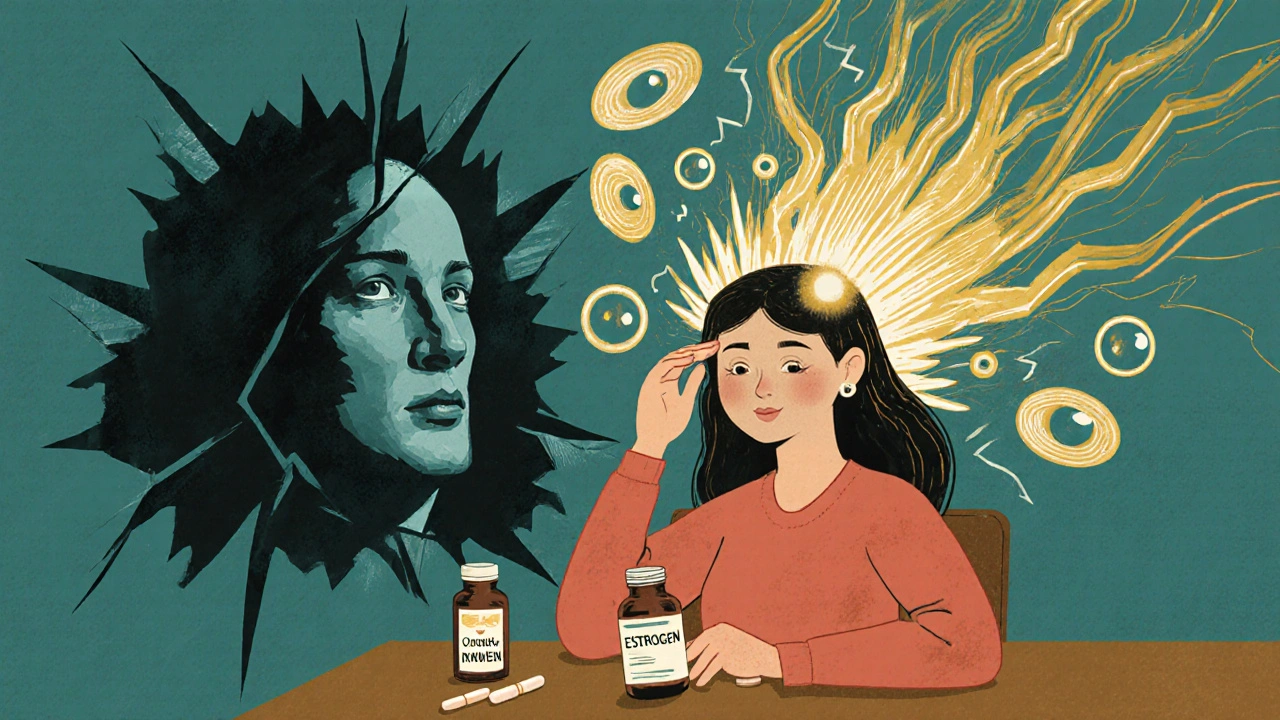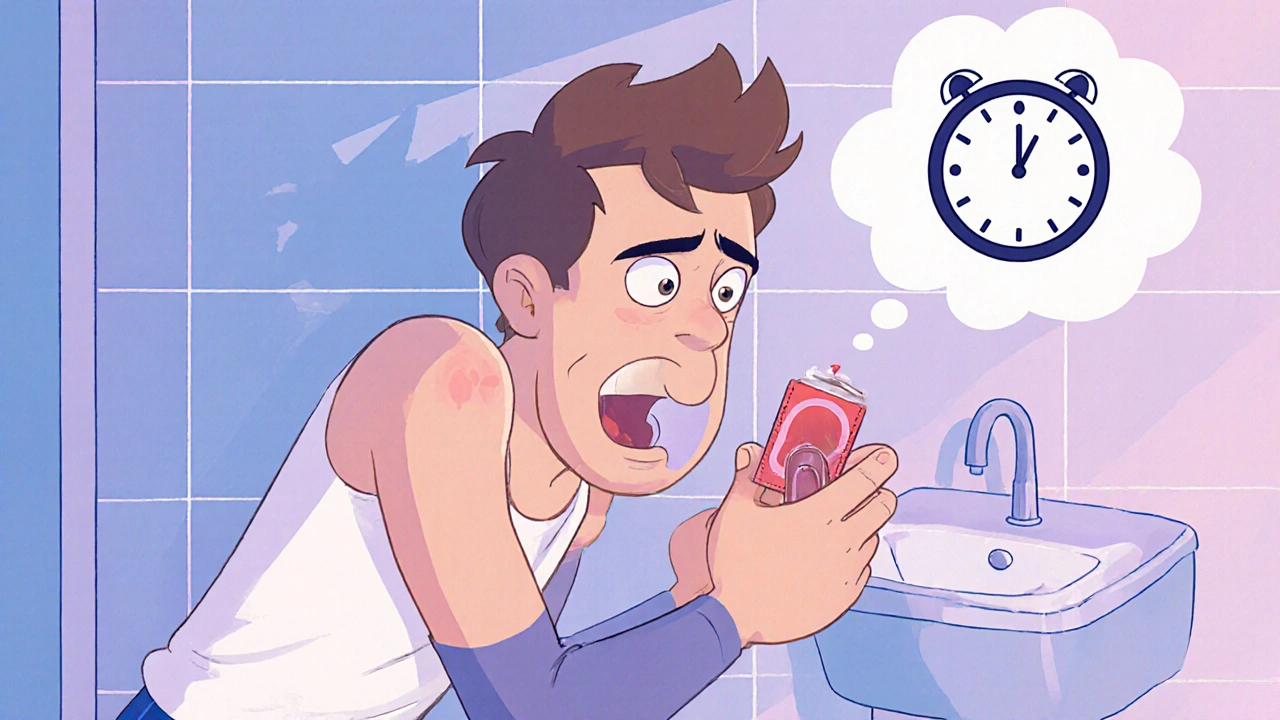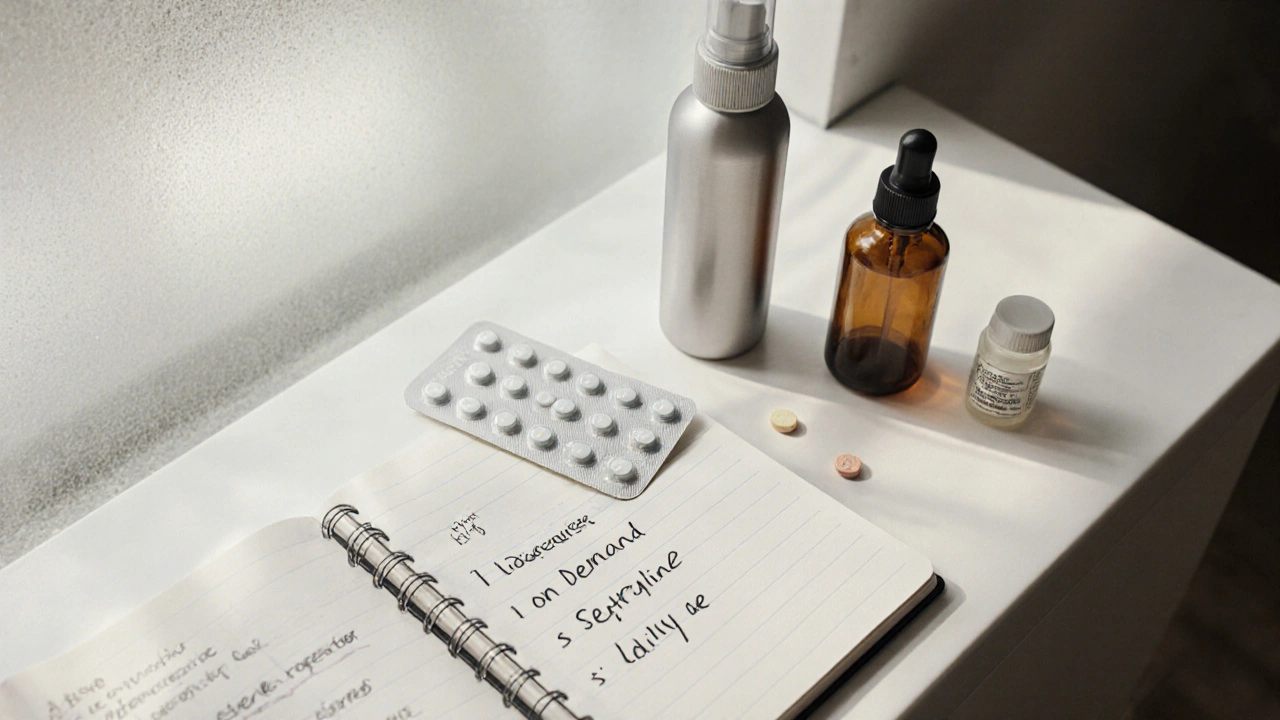Sexual Health: What Medications Can Do to Your Sex Life
Ever noticed a change in libido, arousal, or satisfaction after starting a new drug? Medications can change sexual function in clear ways — sometimes for the better, sometimes for the worse. This page walks through practical facts about two drugs we cover on the site (Bethanechol and Pramipexole), common patterns to watch for, and steps you can take if your sex life shifts after starting treatment.
How certain meds affect sexual function
Bethanechol is mainly used for urinary retention. Some people report improved arousal or genital blood flow while on it, likely because it stimulates certain nerve pathways. That said, effects vary a lot: some see small gains in sensation, others notice no change. Side effects like sweating, diarrhea, or low blood pressure can still dampen libido indirectly.
Pramipexole is a dopamine agonist used in Parkinson’s and restless legs. Dopamine boosts desire for many people, so pramipexole can raise libido and sexual enjoyment. But there’s a flip side: it can also trigger compulsive sexual behaviors or interfere with erection in some men. If you or a partner notice sudden urges that feel out of character, that’s a red flag to discuss with your prescriber.
Beyond these two, many common drug classes affect sex: SSRIs often lower desire or delay orgasm; blood pressure meds and opioids can reduce arousal; hormonal treatments change libido depending on their action. The timing helps pinpoint the cause — if changes began after a new prescription, the medication is a likely suspect.
Practical steps if you notice changes
Track what’s happening for two to four weeks. Note timing, specific symptoms (low desire, trouble with erection, delayed orgasm, new compulsive urges), and any side effects that could affect mood or stamina. That makes conversations with your clinician much quicker and more useful.
Don’t stop or change doses on your own. Instead, call your prescriber and share your notes. Options often include switching drugs, lowering dose, adding a counteracting med, or trying non-drug solutions first. For example, if an antidepressant lowers libido, a brief switch to a different antidepressant or an add-on medication often helps.
Try simple, evidence-based supports too: regular exercise, good sleep, reducing alcohol, and stress management can restore desire and performance. Couples therapy or sex therapy helps when communication or relationship factors interact with medication effects. If compulsive sexual behavior appears, ask for urgent review — that can be managed but should be addressed quickly.
Finally, be open with partners. A short, honest conversation about changes and steps you’re taking prevents blame and keeps intimacy alive while you sort things with your clinician.
If you want specifics on Bethanechol or Pramipexole, check our posts on each drug for study findings, typical timelines, and patient reports. I keep those pages updated as new research appears, so you’ll find practical, up-to-date info there.
Migraine with Aura and Estrogen Birth Control: What You Need to Know About Stroke Risk
Migraine with aura increases stroke risk when combined with estrogen birth control. Learn the real numbers, why guidelines are changing, and what safer contraceptive options actually work.
Read moreLevonorgestrel BP: Real User Experience with Emergency Contraception
A detailed, real‑world guide on Levonorgestrel BP emergency contraception covering usage steps, effectiveness, side‑effects, and how it compares to other options.
Read moreLifestyle Changes to Boost Low Libido & Sexual Health
Discover practical lifestyle tweaks-exercise, diet, sleep, stress reduction, and more-that can lift low libido and boost overall sexual health.
Read moreDapoxetine vs Alternatives: Top Premature Ejaculation Treatments Compared
Compare dapoxetine with other PE treatments, weigh pros and cons, and find the best option for your lifestyle in a clear, practical guide.
Read moreFemale Viagra (Sildenafil) vs Other Women’s Libido Boosters - 2025 Comparison
Explore how female Viagra (sildenafil) stacks up against flibanserin, bremelanotide, supplements, and lifestyle tweaks. Get clear guidance on safety, effectiveness, and choosing the right option for women’s sexual health.
Read moreThe impact of Bethanechol on sexual health and function
As a blogger exploring the fascinating world of sexual health, I recently delved into the impact of Bethanechol on sexual function. This intriguing drug primarily treats urinary retention but has shown promising effects on improving sexual health as well. Some studies suggest that it can enhance arousal and satisfaction during sexual activities, making it a potential solution for those experiencing sexual dysfunction. However, it's essential to remember that further research is required to fully understand its effectiveness and possible side effects. I look forward to keeping you all updated on future developments in this area and how Bethanechol could potentially revolutionize the world of sexual health.
Read moreThe Impact of Pramipexole on Sexual Function
In my latest blog post, I explored the impact of Pramipexole on sexual function. Pramipexole, a dopamine agonist, is primarily used to treat Parkinson's disease and restless legs syndrome. However, I discovered that it has been linked to both positive and negative effects on sexual function. Some people experience an increase in libido and sexual satisfaction, while others may suffer from compulsive sexual behaviors or erectile dysfunction. It's crucial to consult with a healthcare professional before using Pramipexole for its potential impact on sexual health.
Read more





